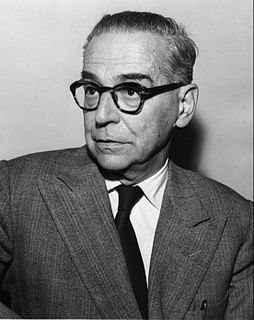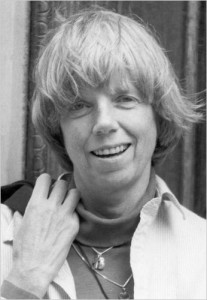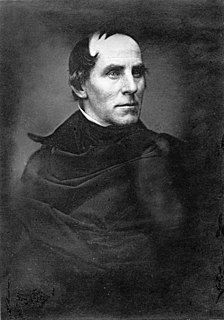A Quote by Ralph Waldo Emerson
To the body and mind which have been cramped by noxious work or company, nature is medicinal and restores their tone. The tradesman, the attorney comes out of the din and craft of the street and sees the sky and the woods, and is a man again. In their eternal calm, he finds himself.
Related Quotes
Nature hath made men so equal in the faculties of body and mind, as that though there be found one man sometimes manifestly stronger in body, or of quicker mind than another, yet when all is reckoned together, the difference between man and man is not so considerable as that one man can thereupon claim to himself any benefit to which another may not pretend as well as he.
On the one hand, man is a body, in the same way that this may be said of every other animal organism. On the other hand, man has a body. That is, man experiences himself as an entity that is not identical with his body, but that, on the contrary, has that body at its disposal. In other words, man's experience of himself always hovers in a balance between being and having a body, a balance that must be redressed again and again.
There comes a time when a man finds himself in front of a dark uncrossable abyss, which he himself has spent years digging. He cannot go forward, and has no way back. Words have failed, tears won't help, and who would he call out to? He can't even remember his own name. Then the man sees that on this god's green earth there is but one true suffering: the torment of guilty conscience.
Every living thing, animal or human, or tree experiences that which is called death, with no exception. You've all accepted that one a long time ago. Spirit, which is who we really are, or Source, is eternal. So what death must be is a changing of the perspective of that Eternal Spirit. If I am standing in my physical body and am consciously connected to that Eternal Spirit, then I'm Eternal in nature and I need not ever again fear any endedness, because, from that perspective I understand that there is not any of that.
. . .nature is still predominant, and there are those who regret that with the improvements of cultivation the sublimity of the wilderness should pass away: for those scenes of solitude from which the hand of nature has never been lifted, affect the mind with a more deep toned emotion than aught which the hand of man has touched. Amid them the consequent associations are of God the creator-they are his undefiled works, and the mind is cast into the contemplation of eternal things.
It is God's earth out of which man is taken. From it he has his body. His body belongs to his essential being. Man's body is not his prison, his shell his exterior, but man himself. Man does not "have" a body; he does not "have" a soul; rather he "is" body and soul. Man in the beginning is really his body. He is one. He is his body, as Christ is completely his body, as the Church is the body of Christ
There comes a moment during which almost every girl or boy falls into melancholy; they are tormented by a vague inquietude which rests on everything and finds nothing to calm it. They seek solitude; they weep; the silence to be found in cloister attracts them: the image of peace that seems to reign in religious houses seduces them. They mistake the first manifestations of a developing sexual nature for the voice of God calling them to Himself; and it is precisely when nature is inciting them that they embrace a fashion of life contrary to nature's wish.
Is it not remarkable that the common repute which we all give to attorneys in the general is exactly opposite to that which every man gives to his own attorney in particular? Whom does anybody trust so implicitly as he trusts his own attorney? And yet is it not the case that the body of attorneys is supposed to be the most roguish body in existence?
Philosophers have long conceded, however, that every man has two educators: 'that which is given to him, and the other that which he gives himself. Of the two kinds the latter is by far the more desirable. Indeed all that is most worthy in man he must work out and conquer for himself. It is that which constitutes our real and best nourishment. What we are merely taught seldom nourishes the mind like that which we teach ourselves.
Nature is man's inorganic body -- that is to say, nature insofar as it is not the human body. Man lives from nature -- i.e., nature is his body -- and he must maintain a continuing dialogue with it is he is not to die. To say that man's physical and mental life is linked to nature simply means that nature is linked to itself, for man is a part of nature.








































